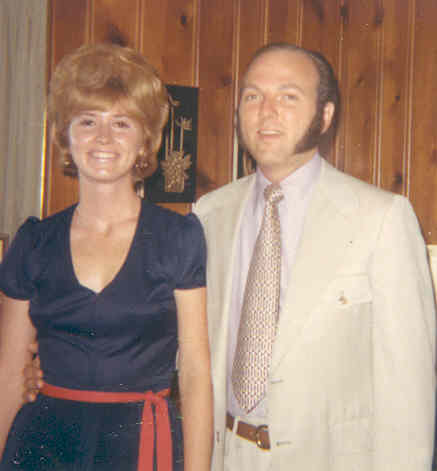I was first introduced to Cognitive Dissonance in the 1980’s when I also was introduced to Neural, Linguistic, Programming or NLP. The person who introduced these fascinating realities of the conscious and subconscious mind to me for the first time is the well-known, worldwide author and seminar presenter, Tony Robbins. This piece I have prepared will briefly cover Cognitive Dissonance. NLP is far more involved and while the definition is relatively easy, grasping and utilizing it fully is not. Therefore, in order to get a good start on the comprehension of the benefits of understanding and utilizing Cognitive Dissonance in your personal life and business careers, I will give you my definition or interpretation of what CD is.
Cognitive: (This is when you are concerned with obtaining accepted and proven knowledge through the process of reasoning, intuition and your perception.) Seems simple enough so far, right?
Dissonance: (This is when your mind is in disagreement with authority or the prevailing opinion.) Now we are getting somewhere because all of us have been in this position on one or more things throughout our lives. And depending on our personality, we may be a very dissident type person. Tony Robbins says the ultimate dissident person is called a Mismatcher. This is someone who basically disagrees with anything people say. He will say “black is white” when everyone else agrees it is white, or “up is down” when everyone else agrees it is up.
“Hey great Stan”, you say, after hearing the above definitions and then trying to put them together to make some sense… “Can you boil that down into some kind of simplistic explanation for me and show me why I need to know about this CD stuff?” Absolutely, in fact, it is not as complicated as it might first appear. In addition, it is well worth knowing and understanding when you do, because it will help you move to the top.
Here is an explanation using an analogy. Let’s say you have found out by reading books and articles, and by attending seminars, that in order to greatly improve your sales bottom line, you must discipline yourself everyday and every week to work on obtaining totally new business, as well as mining and cultivating your existing and past clients for new business. After hearing this message repeatedly, you are now thoroughly convinced you must be doing this in order to be a top 5% person in your particular field (if not at least in the top 15%). So now, you have established a cognitive belief and it is anchored into your conscious and subconscious mind.
However, as time passes, you forget to do this for one or more days, or for an entire week. To compensate for this behavior, something weird starts to happen. While you are cognitive that you should be doing this kind of proven behavior, you begin to come up with good, solid reasons why you just could not get around to doing it. Your conscious and subconscious mind goes to work full time to protect you because, you had bought into this proven belief and now you have to reason to yourself as to why you must be dissident. What actually occurs then is you begin to negate fully what you really do know to be a truism. Eventually, if you do not reverse this protective, but totally incorrect thinking process, it will permanently hurt you.
What is the solution? First, you must be aware when you are starting to act dissident to something you previously accepted as a truism. Second, you need to start taking definite action steps to reverse your dissident behavior and focus on what you really know is the correct thing to do (cognitive behavior). Finally, you need to constantly monitor your behavior on the subject you tried to negate, so that you do not slip back into dissident behavior again.
Read more!
Monday, October 13, 2008
Mind Programming and Cognitive Dissonance
Labels:
Transformation
Subscribe to:
Comments (Atom)



















